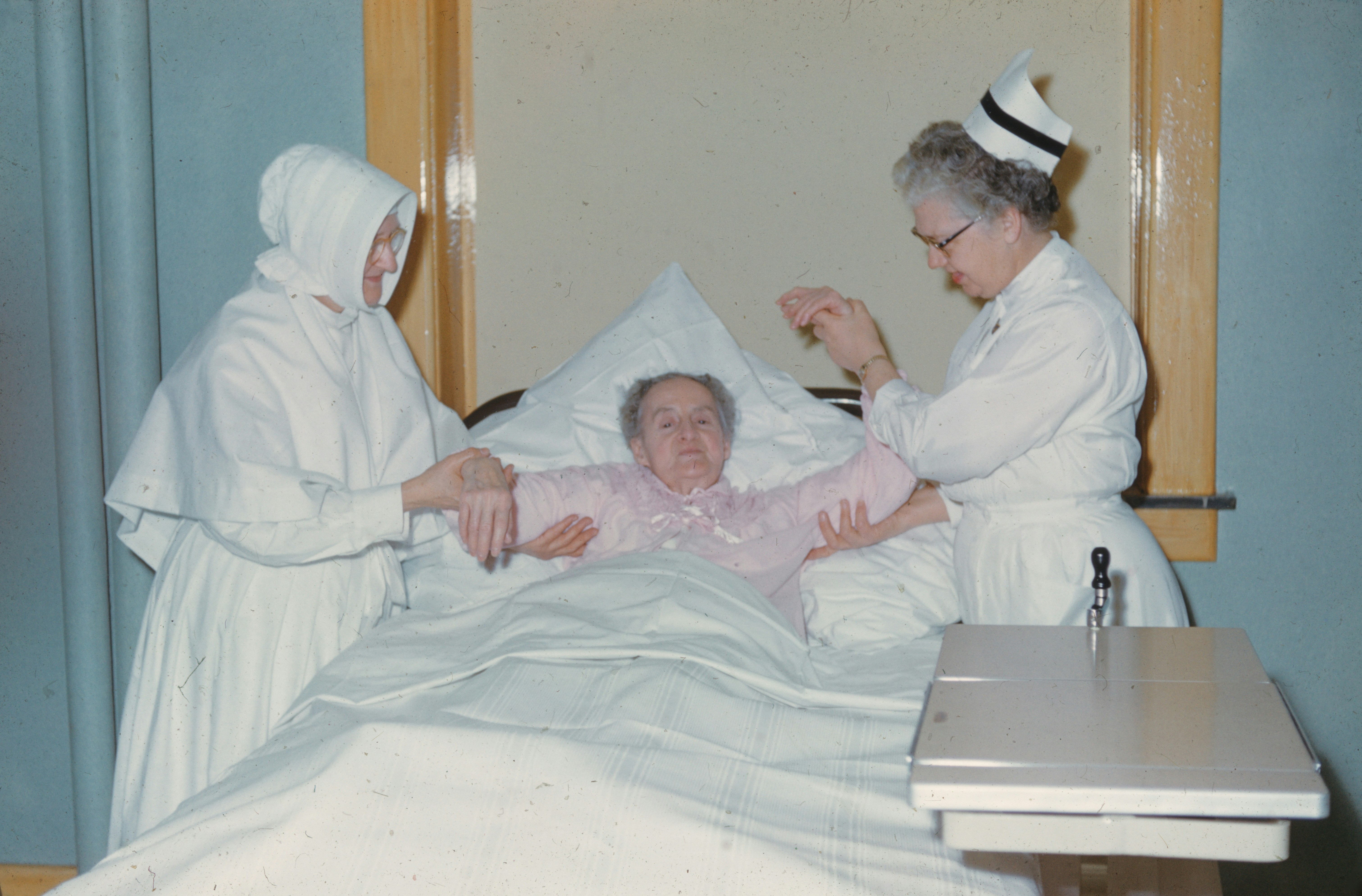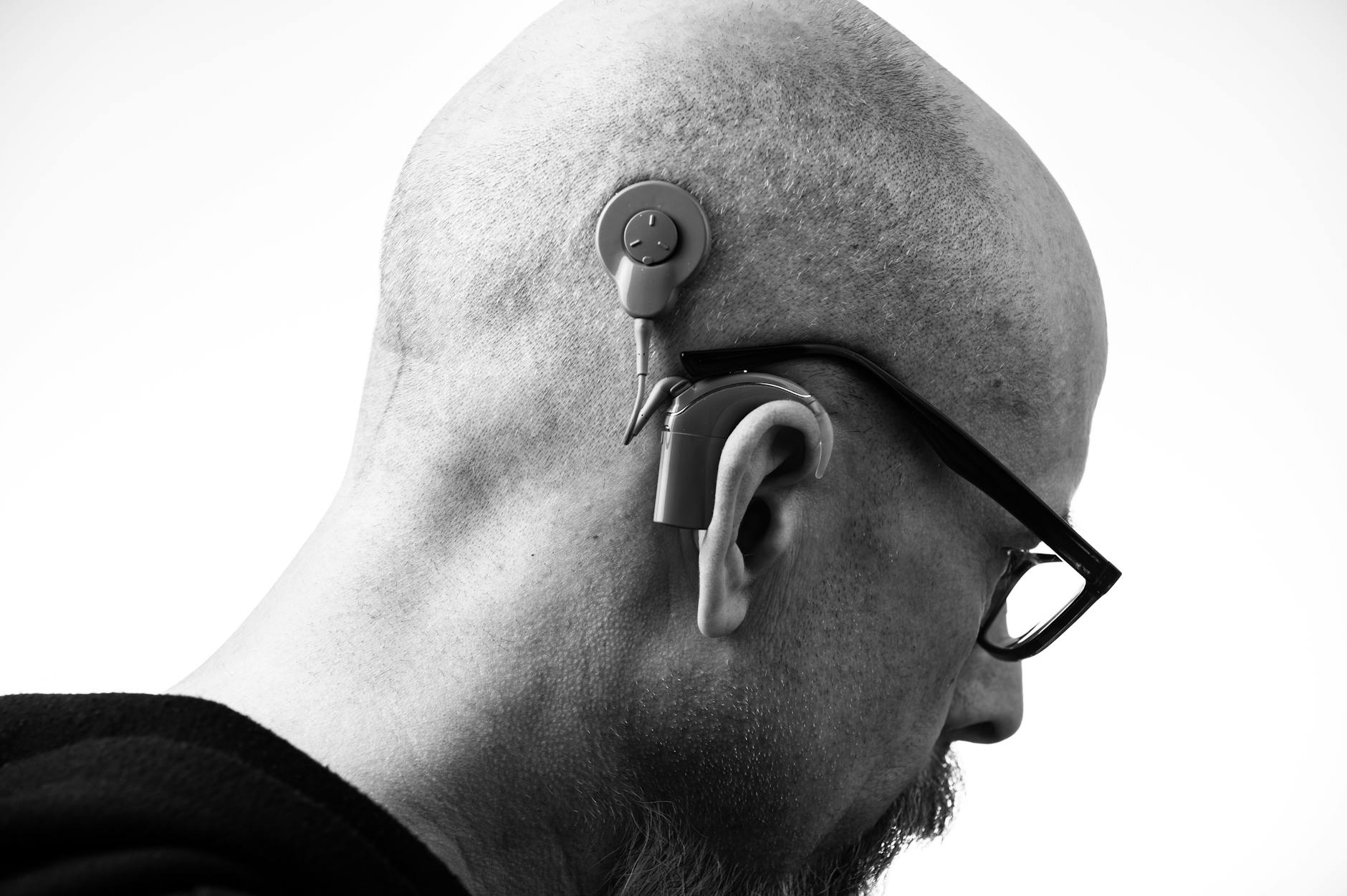Some medicines can save lives and still be tough on ears. If you’ve ever started a new drug and noticed ringing, fullness, or a sudden dip in clarity, you’re not imagining it. The good news: you don’t have to choose between your health and your hearing. With a smart plan—and the right conversations—you can lower the risk and catch changes early.
Why some medicines affect hearing (and balance)
Your inner ear is exquisitely tiny and exquisitely sensitive. Hair cells inside the cochlea translate vibration into electricity. Nearby, the vestibular system handles balance. Certain drugs can stress these cells, the auditory nerve, or the fluid chemistry that keeps everything humming. The result can be temporary or permanent changes in hearing, tinnitus, or dizziness.
Not everyone is equally vulnerable. Dose, duration, kidney function, age, other medications, and even noise exposure the same week can tip the scales. That’s why prevention is less about panic and more about planning.
The usual suspects: medication classes with known ear risks
These aren’t “bad” medicines—they’re essential for many conditions. The goal is informed use and monitoring.
Antibiotics (aminoglycosides)
- Examples: gentamicin, tobramycin, amikacin
- Notes: Powerful against serious infections; can affect hearing and balance. Risk rises with higher blood levels, longer courses, and kidney impairment.
Cancer therapies (platinum-based)
- Examples: cisplatin, carboplatin
- Notes: Highly effective chemotherapy agents; may cause high-frequency hearing loss and tinnitus. Risk relates to cumulative dose and individual susceptibility.
Diuretics (loops)
- Examples: furosemide, bumetanide
- Notes: Used for heart failure and fluid overload. Ear effects are often temporary but can worsen with rapid IV dosing or when combined with other ototoxic drugs.
Pain/fever relievers at high doses
- Examples: high-dose aspirin (salicylates), some NSAIDs like ibuprofen and naproxen
- Notes: Can trigger reversible tinnitus or temporary hearing changes, especially at higher doses or in combination with other risks.
Others to know
- Macrolide antibiotics (e.g., erythromycin, azithromycin) at higher doses or IV in certain settings
- Antimalarials (e.g., quinine) and some rare cases with chloroquine/hydroxychloroquine
- Some antivirals and immunotherapies in specific contexts—ask your care team if monitoring is recommended
If you see a new prescription and wonder, “Is this ear-safe?” That’s your cue to ask. You don’t need to memorize drug lists; you need a plan.
Your prevention plan: use the M.E.D.S. checklist
Print this or screenshot it before new meds, dose changes, or hospital stays.
M — Measure a baseline
- Get a baseline hearing evaluation if you’re starting a medication with known ear risk—especially chemo or IV antibiotics. Ask about high-frequency audiometry and otoacoustic emissions (OAEs), which can pick up changes earlier.
- No time before treatment? Schedule as soon as possible after starting.
E — Engage your care team
- Tell your prescriber and pharmacist if you’ve ever had tinnitus, hearing loss, balance issues, or noise exposure from work/hobbies.
- Ask: “Is my medication known to affect hearing or balance? If yes, what monitoring do you recommend?”
- For hospital treatments, ask whether serum drug level monitoring or dose adjustments are part of the protocol.
D — Dial down dose, duration, and doubles (when appropriate)
- Never change doses on your own. But do ask: “Is there an equally effective option with lower ear risk?”
- Check for combos that pile on risk (e.g., loop diuretic plus aminoglycoside, or several high-dose pain relievers).
- If you have kidney issues, confirm that dosing is adjusted—kidneys and ears are linked in how they clear certain drugs.
S — Shield your ears from extra stress
- During treatment windows, treat your ears like VIPs: skip concerts, loud tools, and cranked-up headphones. If loud is unavoidable, wear well-fitted earplugs or earmuffs.
- Stay hydrated, sleep well, and avoid additional ototoxins when possible (e.g., don’t layer high-dose NSAIDs if you’re on a known ototoxic medication unless your clinician says it’s necessary).
How to talk to your doctor or pharmacist (without sounding alarmist)
Use simple scripts:
- “I’m careful about my hearing. Does this medication have any known ear effects?”
- “If there’s a small risk, how will we monitor it? Should I get a baseline hearing test?”
- “I use power tools/play music/go to games—how careful should I be with noise while on this?”
- “If I notice ringing or muffled hearing, who should I call first?”
Clinicians appreciate proactive patients. You’re not refusing treatment—you’re optimizing it.
What to watch for at home
Call your prescriber promptly if you notice any of these after starting or changing a medication:
- New or worsening ringing, buzzing, hissing, or roaring in one or both ears
- Muffled sound, difficulty understanding speech (especially in noise), or a feeling of fullness
- Dizziness, unsteadiness, or oscillopsia (a sensation that your visual world is bouncing)
Quick action can allow dose adjustments, drug level checks, or medication changes when appropriate. Consider looping in an audiologist for a timely check.
Monitoring schedules: what "good" looks like
For higher‑risk regimens (like cisplatin or IV aminoglycosides), teams often use structured monitoring:
- Baseline testing before the first dose (or ASAP after)
- Regular checks during treatment (e.g., before each chemo cycle)
- Follow‑up after treatment ends, since some changes appear later
Tests may include high‑frequency pure tones, speech-in-noise measures, and OAEs. You don’t need to micromanage the protocol—just ask that a plan be in place and results be shared with you.
Short course vs. long haul: what’s typically reversible?
- High-dose aspirin/NSAIDs: tinnitus or mild hearing changes are often reversible once the medication is reduced or stopped under medical guidance.
- Loop diuretics: changes can be temporary, especially with oral dosing. Rapid IV doses or combinations may carry higher risk.
- Aminoglycosides and platinum chemo: changes can be permanent and may progress with cumulative dose—monitoring is key.
Everyone is different. The point is not to predict your outcome, but to give your care team something to act on early.
If you must take an ototoxic medication, stack the odds in your favor
- Stick to the exact dosing schedule and lab checks—especially if your treatment involves drug level monitoring.
- Protect quiet time: keep daily sound exposure low while on therapy. Use hearing protection at work and in hobbies.
- Mind the mix: share your full medication and supplement list with your pharmacist. Watch for duplicate pain relievers or interactions that affect drug levels.
- Hydration and kidneys: ask whether staying well hydrated is important for your regimen and how kidney function will be monitored.
- Ask about ear‑protective strategies in oncology: some pediatric cisplatin protocols consider protective agents in specific circumstances. Your oncology team can explain if and when this applies; don’t add anything on your own.
Already noticing changes? Don’t wait, coordinate
If you notice new tinnitus, muffled hearing, or dizziness:
- Call the prescriber who manages the medication. Describe the timing and your symptoms.
- Request a prompt hearing check. Many audiology clinics reserve spots for medication‑related monitoring.
- Ask your pharmacist whether any nonessential meds could be paused (only with prescriber approval) to reduce combined risk.
Even when changes persist, support is available. Audiologists can help with communication strategies, hearing devices, and tinnitus management. Vestibular therapists can help with balance recovery. You’re not stuck.
Everyday habits that quietly protect your ears
- Keep annual hearing screens if you’re over 50 or sooner if you have risk factors.
- Use a sound level app at concerts or games; bring earplugs and actually wear them.
- Give your ears “quiet breaks” during any medication course with ear risk.
- Manage cardiovascular health, blood sugar, and sleep—healthy ears love healthy blood flow and recovery time.
Bottom line
You shouldn’t have to trade hearing for healing. A simple plan—baseline testing, open conversations, smart dosing, and noise common sense—goes a long way. If you’re starting a medication you’re unsure about, book a quick consult with an audiologist and ask your pharmacist for an ear‑aware med review. Your future self will thank you.
FAQ
Which medications are most likely to affect hearing?
Higher‑risk groups include aminoglycoside antibiotics (like gentamicin), platinum‑based chemotherapy (cisplatin, carboplatin), and loop diuretics (furosemide) at certain doses or delivery speeds. High doses of aspirin and some NSAIDs can cause reversible tinnitus or temporary hearing changes. This isn’t a full list—always ask your prescriber or pharmacist about your specific medication.
If I get ringing from a medication, will it go away?
It can, especially with short‑term triggers like high‑dose aspirin or some NSAIDs. With certain antibiotics and chemotherapy, changes can be longer‑lasting. Report symptoms promptly; dose adjustments or alternatives may be possible, and an audiologist can help track changes and support tinnitus management.
Should I stop a medication if I notice ear symptoms?
Don’t stop on your own. Some medications are critical and stopping abruptly can be dangerous. Call your prescriber, describe the symptoms and timing, and ask about next steps. An urgent hearing check may help guide decisions.
How does noise make this worse?
Loud sound stresses the same inner‑ear structures that some medications affect. When combined, the risk of damage can add up. While on at‑risk medicines, lower your daily noise dose and wear hearing protection when sound gets loud.
Further Reading
- Medicines Can Be Noisy: Preventing Drug‑Induced Hearing Loss and Tinnitus (Prevention) - Your Medicine, Your Ears: How to Prevent Drug-Related Hearing Damage (Prevention) - Ear‑Safe Medicine: Preventing Ototoxic Hearing Loss Without Skipping the Care You Need (Prevention) - Before You Swallow or Infuse: Outsmart Drug‑Induced Hearing Loss (Prevention)Frequently Asked Questions
Which medications are most likely to affect hearing?
Aminoglycoside antibiotics (e.g., gentamicin), platinum‑based chemotherapy (cisplatin, carboplatin), and loop diuretics (furosemide) carry known risks, especially at higher doses or with rapid IV administration. High‑dose aspirin and some NSAIDs can cause reversible tinnitus or temporary hearing changes. Always confirm your specific medication’s risk with your prescriber or pharmacist.
If I get ringing from a medication, will it go away?
Often yes with short‑term triggers like high‑dose aspirin or some NSAIDs once the dose is reduced or the medicine is stopped under medical guidance. With certain antibiotics and chemotherapy, changes can be longer‑lasting. Report symptoms quickly and consider a hearing test for objective tracking.
Should I stop a medication if I notice ear symptoms?
Do not stop on your own. Many medications are essential for treating serious conditions. Call your prescriber to discuss symptoms and timing. They may adjust your dose, check drug levels, switch therapies, or refer you for hearing monitoring.
Can I prevent ototoxicity if I must take the medicine?
You can reduce risk: get a baseline hearing test, follow monitoring plans, avoid loud noise during treatment, keep hydrated if advised, and avoid stacking multiple ototoxic risks without medical guidance. Coordination among your prescriber, pharmacist, and an audiologist is key.


